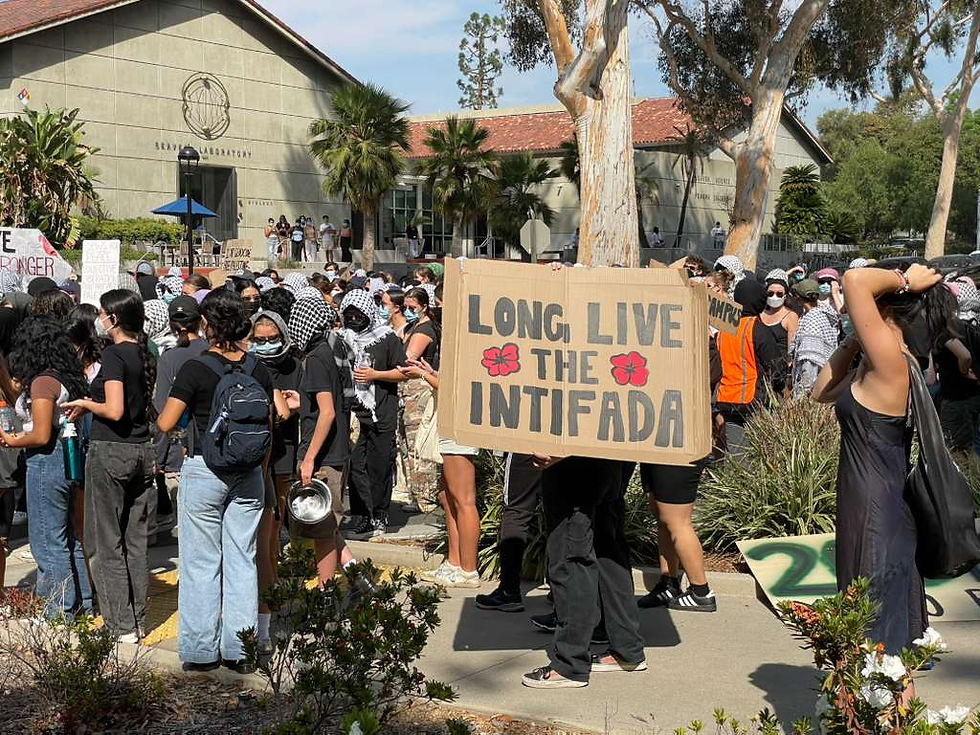Super Tuesday 2.0: The fallout from the March 15th primaries
- The Claremont Independent

- Mar 17, 2016
- 3 min read
On the Republican side
Donald Trump marched to victory in four of the five Republican primaries on Tuesday, steamrolling Senator Marco Rubio on his home turf in Florida and holding back an insurgent Senator Ted Cruz in Missouri, Illinois, and North Carolina. His only loss came in Ohio, where John Kasich, the state’s popular governor, won handily. After his disappointing loss in Florida, Marco Rubio suspended his campaign, shrinking the GOP field to three candidates.
The only certainty coming out of Tuesday’s primaries is that the uncertainty of the GOP race will persist for some time. Donald Trump had a good night, but it was not quite decisive enough to make his nomination a foregone conclusion. His dominant performance in Florida, though bringing him 99 delegates closer to winning the nomination outright, also pushed Marco Rubio out of the race and strengthened Mr. Trump’s opponents. According to a new national poll by Morning Consult, nearly half of Rubio supporters back Mr. Cruz as their second-choice candidate, while just one in eight view the Donald as their best alternative. A little more than a quarter would support John Kasich. Taken in the context of Trump’s razor-thin margins of victory in Missouri and North Carolina, where he won by 0.2 percent and 4 percent respectively, these numbers indicate that Mr. Rubio’s political demise may compromise Donald Trump in the long run, giving just enough strength to Cruz and Kasich to mount serious challenges to Mr. Trump in critical states like Arizona, New York, and Pennsylvania.
Though posting strong performances in all of Tuesday’s primaries, Donald Trump failed once again to demonstrate his ability to expand his appeal beyond his narrow, impassioned core group of supporters. Though he did manage to exceed his average vote share from the previous contests, the New York real estate mogul was yet again unable to obtain a majority in a single state. The longer he fails to exceed the 50 percent mark in these primary races, the more time will pass before he will be able to credibly claim that he is a consensus candidate who can unite the party, and the more opportunities Messrs. Cruz and Kasich will have to topple Mr. Trump before he can clinch the Republican nomination.
Beyond Tuesday, Mr. Trump will need to win just under 60 percent of the remaining 975 delegates in order to clinch the GOP nomination. With winner-take-all and winner-take-most states dominating the rest of the primary season, his path to the nomination is realistic but far from secure. In order to clinch the nomination and avoid ejection at a contested convention, Mr. Trump will need to string together victories in several of the upcoming winner-take-all and winner-take-most primaries and overcome his narrow appeal within the Republican electorate.
On the Democratic side
After a shocking defeat in Michigan on March 8th, former Secretary of State Hillary Clinton redeemed herself with a dominant performance in Tuesday’s Democratic primaries. She swept every state, taking Florida, North Carolina, and Ohio by comfortable margins and fending off fierce challenges from Senator Bernie Sanders in Missouri and Illinois. Though winning the nomination is still a statistical possibility for Mr. Sanders, his performance on Tuesday has made his practical path to the nomination impossibly narrow.
Unlike the Republican Party, which permits states to award delegates on a winner-take-all or a winner-take-most basis, the Democratic Party only allows its primaries to award delegates proportionally. This feature makes late comebacks difficult, since overcoming a large delegate deficit in proportional primaries requires not only victories but also wide margins of victory, like those which Mrs. Clinton has produced throughout the South. With Clinton now leading by over 300 pledged delegates and 400 superdelegates, Mr. Sanders will be hard-pressed to come up with the massive wins he will need in order to shift the balance of the Democratic race and overtake his opponent. Barring an extraordinary change in the state of the race—such as the indictment of Mrs. Clinton over her alleged mishandling of classified documents as secretary of state—Bernie Sanders will not be the Democratic Party’s nominee for president.
_________________________________ Image Source: Flickr
.png)



Comments